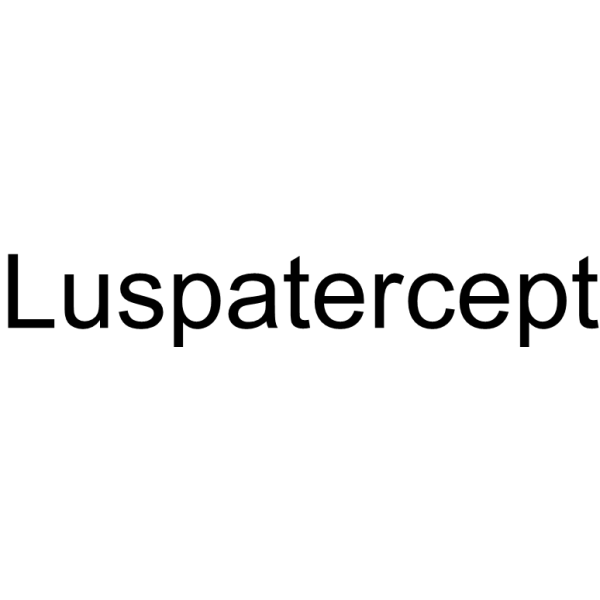| In Vivo |
Luspatercept (0.1-60mg /kg,皮下注射;10mg /kg,静脉注射;每周 2 次,共 8 周) 增加小鼠、大鼠和猴子的红细胞 (RBC) 数量、血红蛋白水平和红细胞堆积[1]。 Luspatercept (10mg /kg,皮下注射,1 次) 降低 C57BL/6 小鼠骨髓和脾脏中的红细胞形成单位 (BFU-Es) 和红血球形成单位 (CFU-Es)[1]。 Luspatercept (10mg /kg,腹腔注射,1 次) 抑制小鼠脾脏 Smad2/3 磷酸化[1]。 Animal Model: C57BL/6 mice[1] Dosage: 0.1, 0.3, 1, 3 and 10 mg/kg Administration: Subcutaneous injection and intravenous injection; 0.1-10 mg/kg (C57BL/6 mice, s.c.), 6-60 mg/kg (Sprague Dawley rats, s.c.), 0.4-30 mg/kg (cynomolgus monkeys, s.c.), 10 mg/kg, (cynomolgus monkeys, i.v.); twice weekly for 8 weeks Result: Dose-dependently increased the level of RBC, hemoglobin and hematocrit in mice, rats and monkeys.
|
